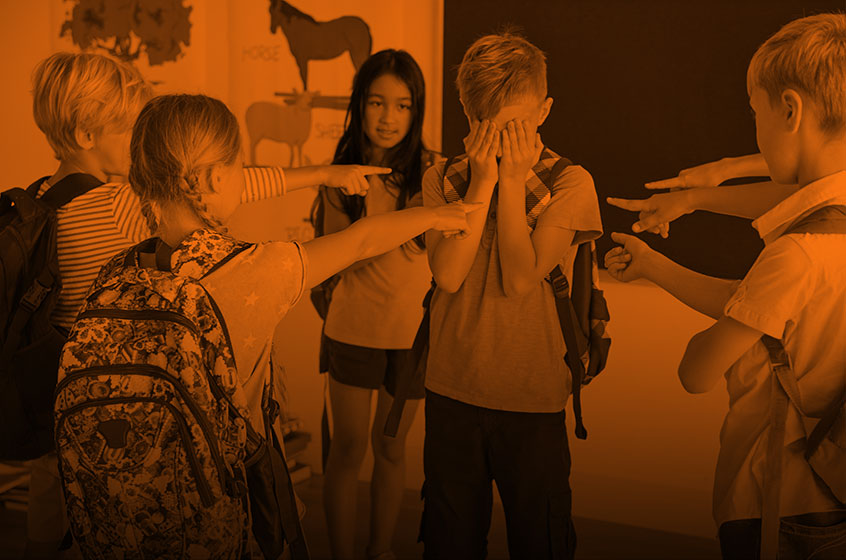Preventing Bullying: A Guide for Schools and Parents
Introduction
Bullying is a pervasive problem in our society that can severely impact children’s mental health and general wellbeing. To stop bullying, schools, parents, and mental health experts must collaborate and offer support to those affected by it. In this blog, we’ll discuss ways to prevent bullying, assist bullied children in quitting being bullies, stop bullying in schools, and recognize the signs of bullying in others.
Training for School Staff Members
Giving school staff members’ mental health professional development training is one of the best interventions for children who are bullied and engage in bullying practices. In this training, educators and administrators will be better able to spot bullying in its early stages and intervene on behalf of the impacted students.
Personal Development Keynote Speakers for Students
Additionally, schools can hire a motivational speaker for youth to speak about the impact of bullying and ways to prevent it. This can inspire and empower students to take action against bullying.
Support and Resources for Bullied Children
Another way to prevent bullying is to provide interventions for children who are bullied and engage in bullying practices. These speakers can teach students about empathy, kindness, and respect. By fostering these values, students are less likely to engage in bullying practices. Further, motivational speakers can provide middle school students with a chance to learn about the effects of bullying and how to stop it.
It is essential to provide support and resources to bullied children so they can recover from the trauma they have endured. This can include counseling, therapy, and support groups. Moreover, schools may also introduce a buddy system, in which one student is partnered with another who can offer emotional support.
Addressing the Underlying Problems of Bullying

It’s essential that we tackle the underlying problems influencing the behavior of kids who bully others. This may involve individual counseling or family therapy. Moreover, schools can use a restorative justice approach, in which bullies are confronted with the consequences of their behavior and given the chance to make amends.
School Practices to Reduce Bullying
School practices to reduce bullying can also be effective in preventing and addressing bullying behavior. Some of the best practices include developing a welcoming and secure school environment, with a zero-tolerance policy against bullying, and regular training and instruction on bullying prevention. Schools can also set up peer mediation programs where students are taught to assist their classmates in resolving conflicts peacefully and respectfully.
Recognizing the Signs of Bullying

Recognizing the signs that someone is being bullied is crucial. A child’s behavior usually changes when they are bullied, some of the most common changes include feeling withdrawn, worried, or unhappy. They might also experience bodily symptoms like headaches or stomachaches. Teachers and parents alike should receive training to recognize these symptoms or signs that a child is being bullied.
Conclusion
In conclusion, preventing and addressing bullying requires a comprehensive and collaborative approach. For bullied children, parents, schools, and mental health experts must collaborate to offer children resources and support. By providing mental health professional development training, bringing in motivational speakers, implementing school practices to reduce bullying, and recognizing the signs that someone is being bullied, we can create a safer and more inclusive society for our children.


